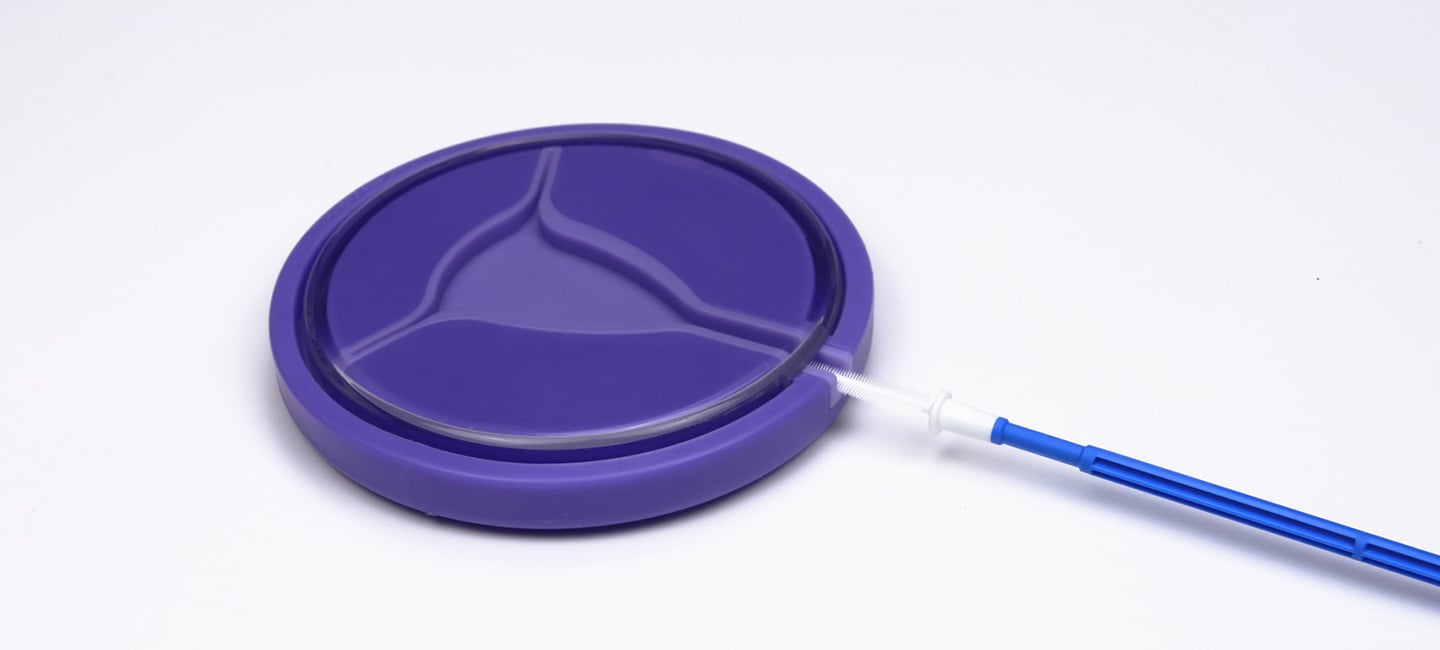Cervical Cancer Screening at Home?
Florida has one of the highest rates of cervical cancer in the nation. The disease is highly preventable, but only if women are screened regularly. The most common test for cervical cancer is a Pap smear, and it is recommended that women ages 21 to 65 receive a Pap test every three years. An HPV test is also effective for cervical cancer screening. This test analyzes cells to see if they contain cancer-causing types of human papillomavirus (HPV), which is the cause of virtually all cervical cancers.
Researchers at the National Cancer Institute’s (NCI) Division of Cancer Prevention say although many women receive routine cervical cancer screening, the number of newly diagnosed cervical cancer patients is not declining. This is because uninsured women or those who don’t have access to regular medical care are skipping the lifesaving screening. The NCI is now partnering with companies that make at-home HPV tests, academic institutions and others to launch a study testing whether women sampling themselves for cervical HPV will help increase the number of women who are screened for cervical cancer. The hope is that their findings will fast track Food and Drug Administration approval of an at-home test.
The multisite study, expected to launch in 2021, will include nearly 5,000 women. Women will be provided an at-home HPV screening kit that includes a tiny brush to swab the vagina to collect cells and a specimen container to mail the swab back to the testing facility. The study, which will be run by the NCI, will assess if the at-home test is comparable to a screening performed in a doctor’s office.

Dr. Anna Giuliano, Founding Director, Center for Immunization and Infection Research in Cancer
Dr. Anna Giuliano, a world-renowned HPV expert and founding director of the Center for Immunization and Infection Research in Cancer at Moffitt Cancer Center says while at-home testing is a step in the right direction, follow-up care will be paramount.
“At-home HPV tests could be useful to get women who have been hardest to reach for cervical cancer screening screened,” she said. “But if they test positive for a cancer-causing HPV types, they will have to come to a health center for further diagnoses and treatment.”
Giuliano adds another important part of the equation to prevent cervical cancer is HPV vaccination. The vaccine is approved for men and woman ages 9 to 45 years and is covered by most insurance plans.
“If Florida could increase HPV vaccination rates to 80% or higher and screen a majority of the women who are eligible, we could become the first state in the nation to eliminate cervical cancer,” she said.



